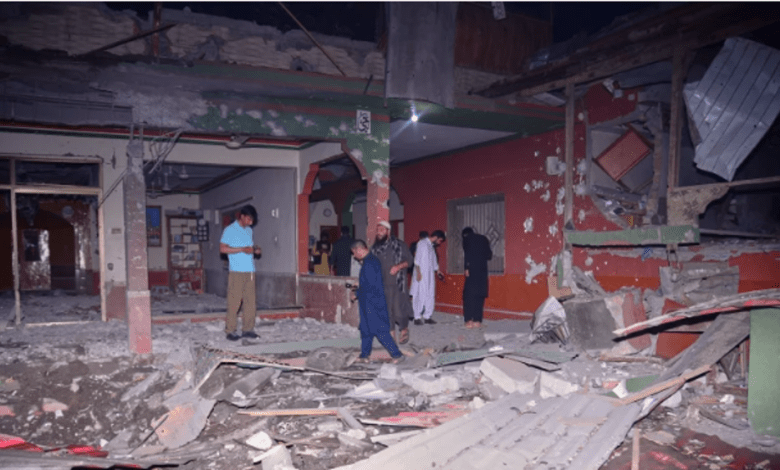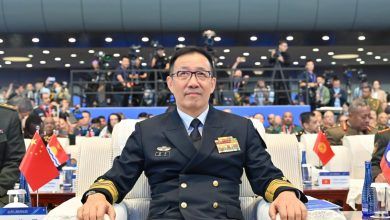Iran Urges Calm as India-Pakistan Tensions Mount Following Kashmir Airstrikes

In a timely diplomatic intervention, Iranian Foreign Minister Abbas Araqchi arrived in New Delhi on Thursday with a clear message: restraint and dialogue must prevail as tensions between India and Pakistan reach alarming new heights.
Araqchi’s appeal follows India’s recent airstrikes on what it describes as “terrorist camps” located in Pakistan, a retaliatory action after a deadly attack last month targeting tourists in the disputed region of Kashmir.
The strikes have further strained already-tense bilateral relations, with Pakistan denying the existence of such camps and condemning the attack as an unjustified violation of its sovereignty.
“We urge both India and Pakistan to exercise maximum restraint and avoid further escalation,” Araqchi told reporters upon arrival, reiterating similar sentiments he expressed earlier this week during a visit to Islamabad.
The Iranian minister’s visit, originally scheduled for a session of the India-Iran Joint Economic Commission, has taken on urgent geopolitical significance amid fears that the conflict could spiral into a broader military confrontation.
Reports from Pakistani officials suggest that the Indian strikes killed at least 31 civilians—claims New Delhi has yet to address publicly—prompting Islamabad to threaten retaliatory action.
With both countries possessing nuclear arsenals and a history of conflict over Kashmir, international observers have expressed growing concern about the potential for a catastrophic escalation. India, meanwhile, has issued a stern warning that any Pakistani military response will be met with “decisive and immediate retaliation.”
Araqchi emphasized that regional peace is not just a matter of security but a prerequisite for economic cooperation. “Peace in the region is essential—especially if we are to build meaningful economic ties and development partnerships,” he stated during a joint appearance with Indian officials.
The Iranian call for calm adds to growing international pressure for both nations to step back from the brink. Global powers including the United States, China, and the European Union have also urged diplomacy and de-escalation, with several offering to mediate.
As the international community watches anxiously, Araqchi’s diplomatic shuttle underscores Iran’s desire to play a stabilizing role in one of the world’s most dangerous flashpoints.





